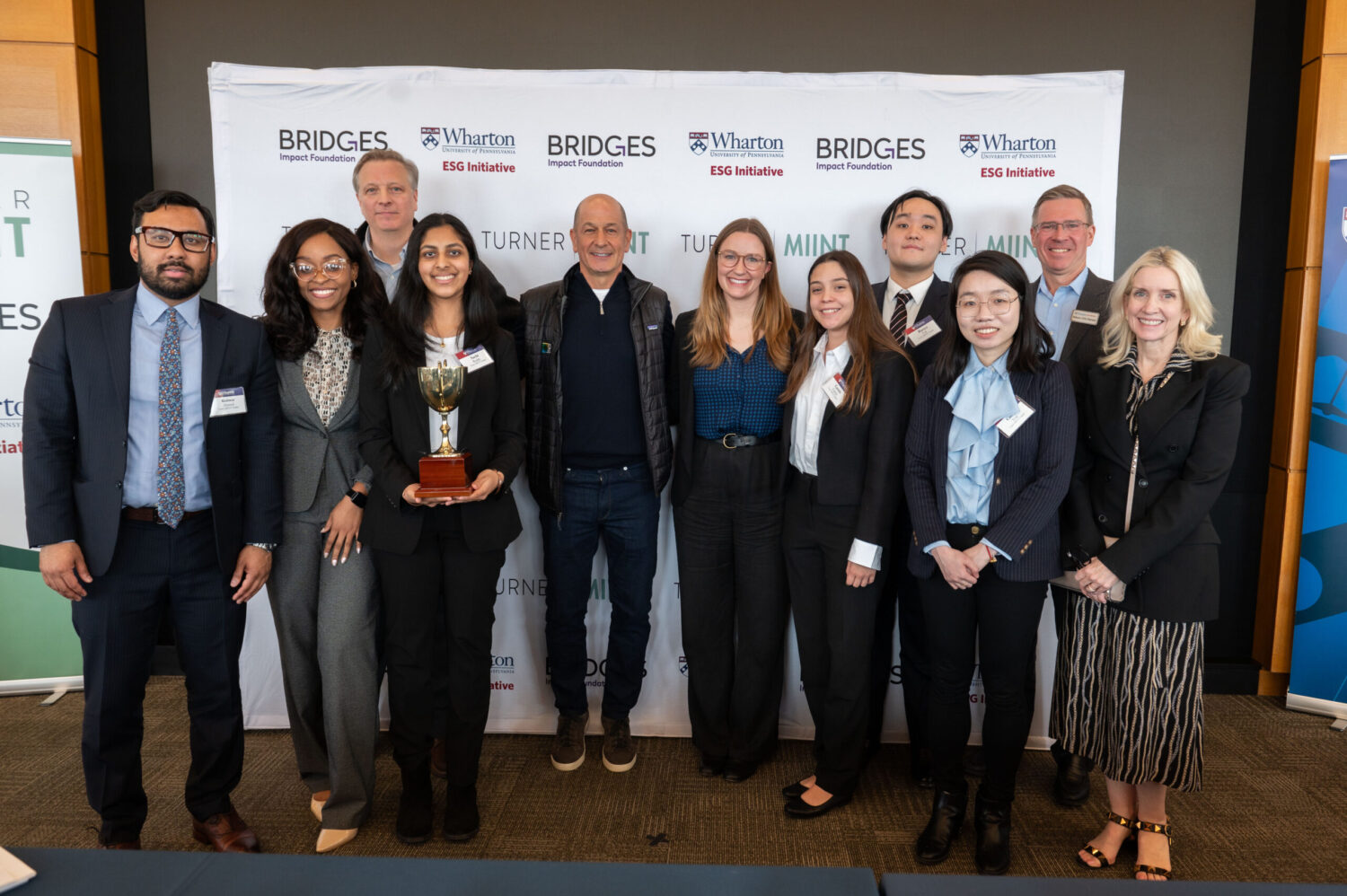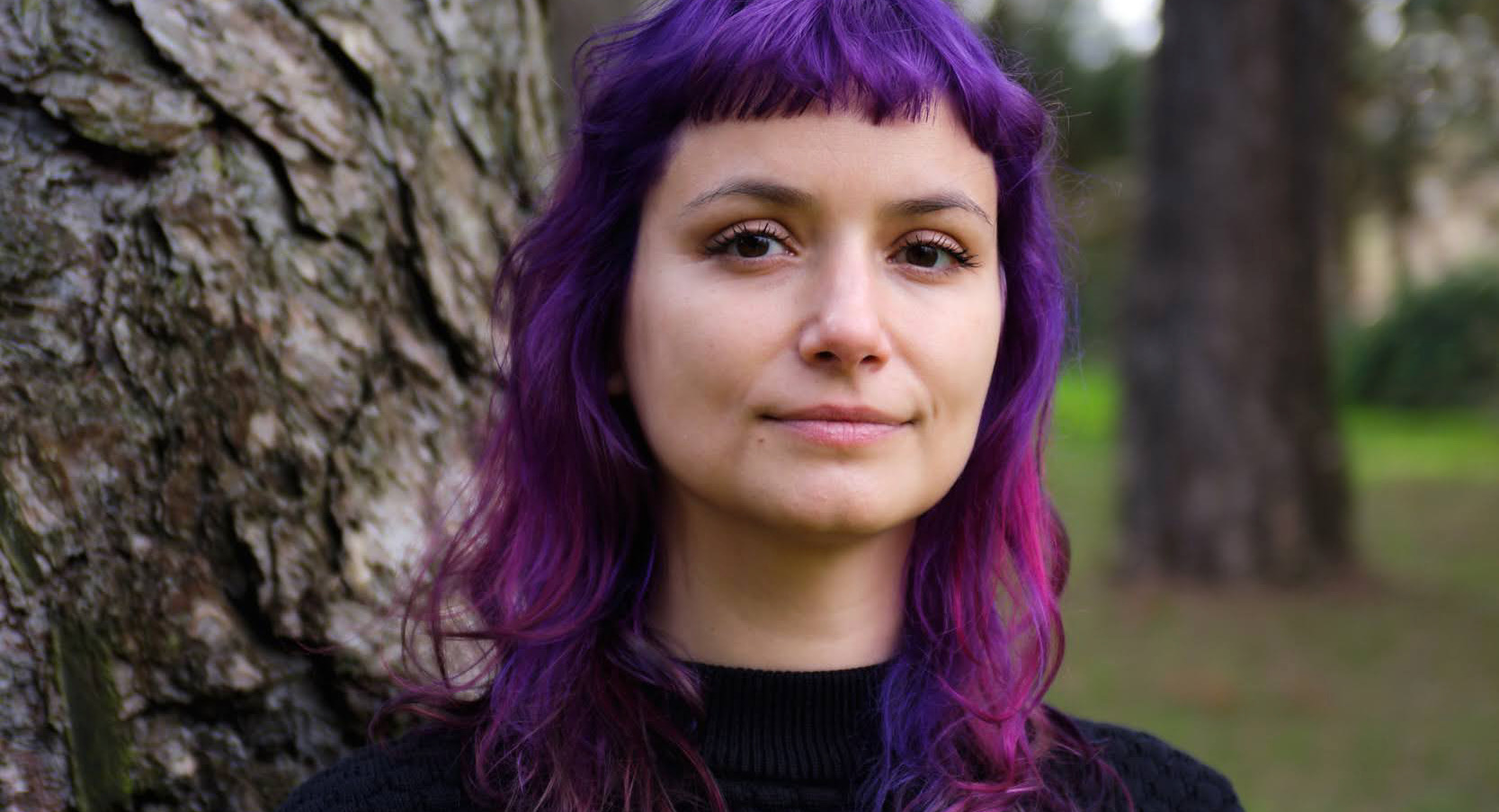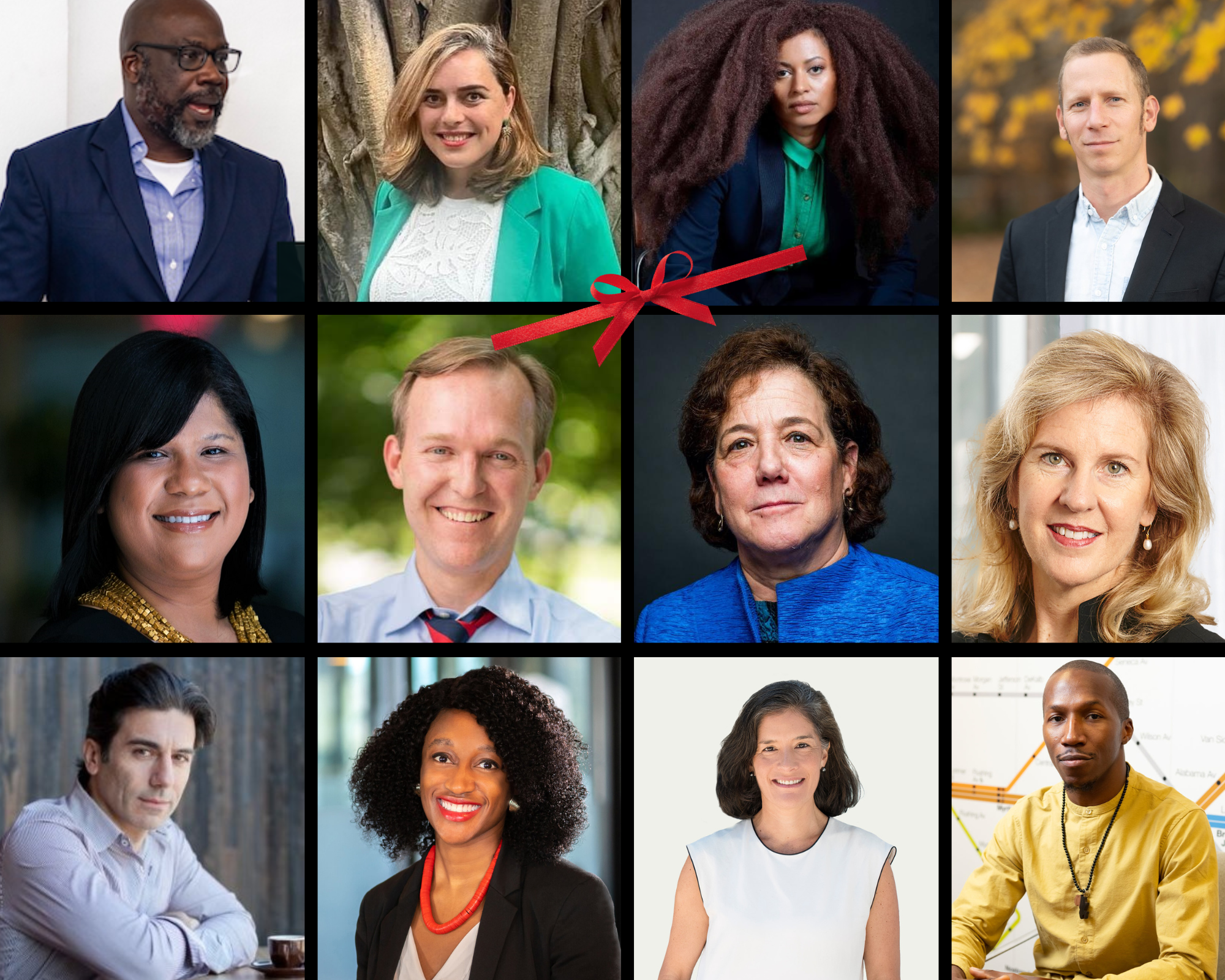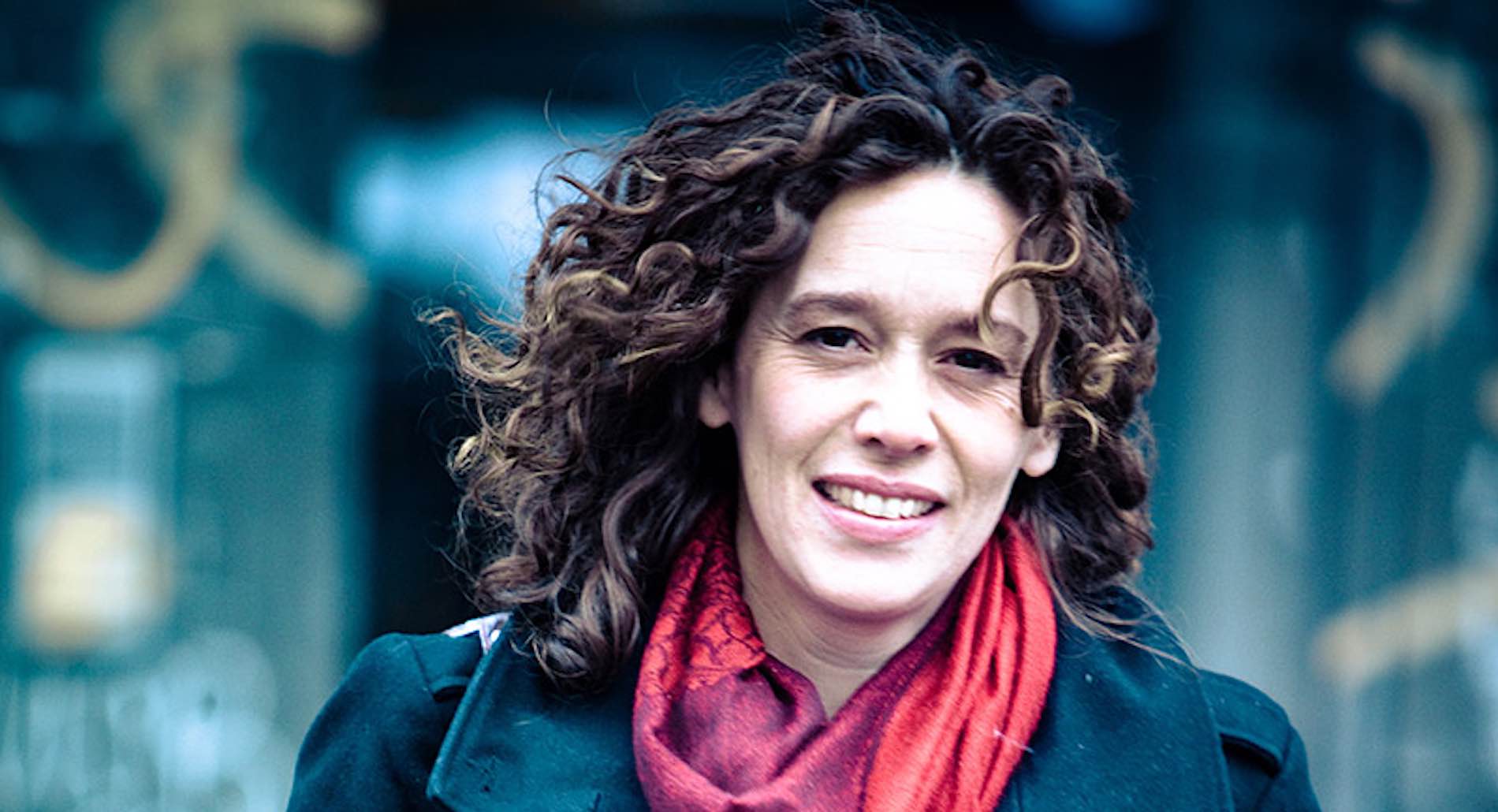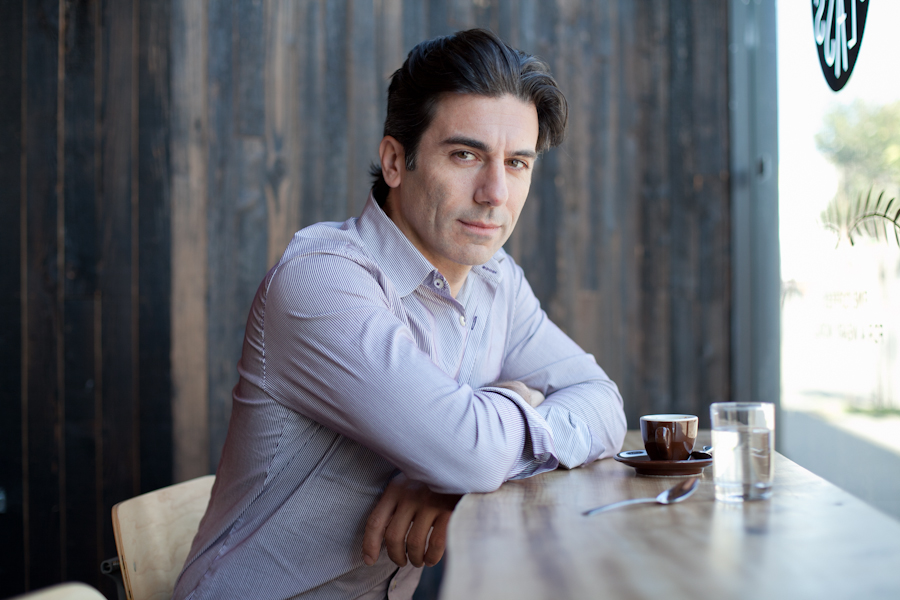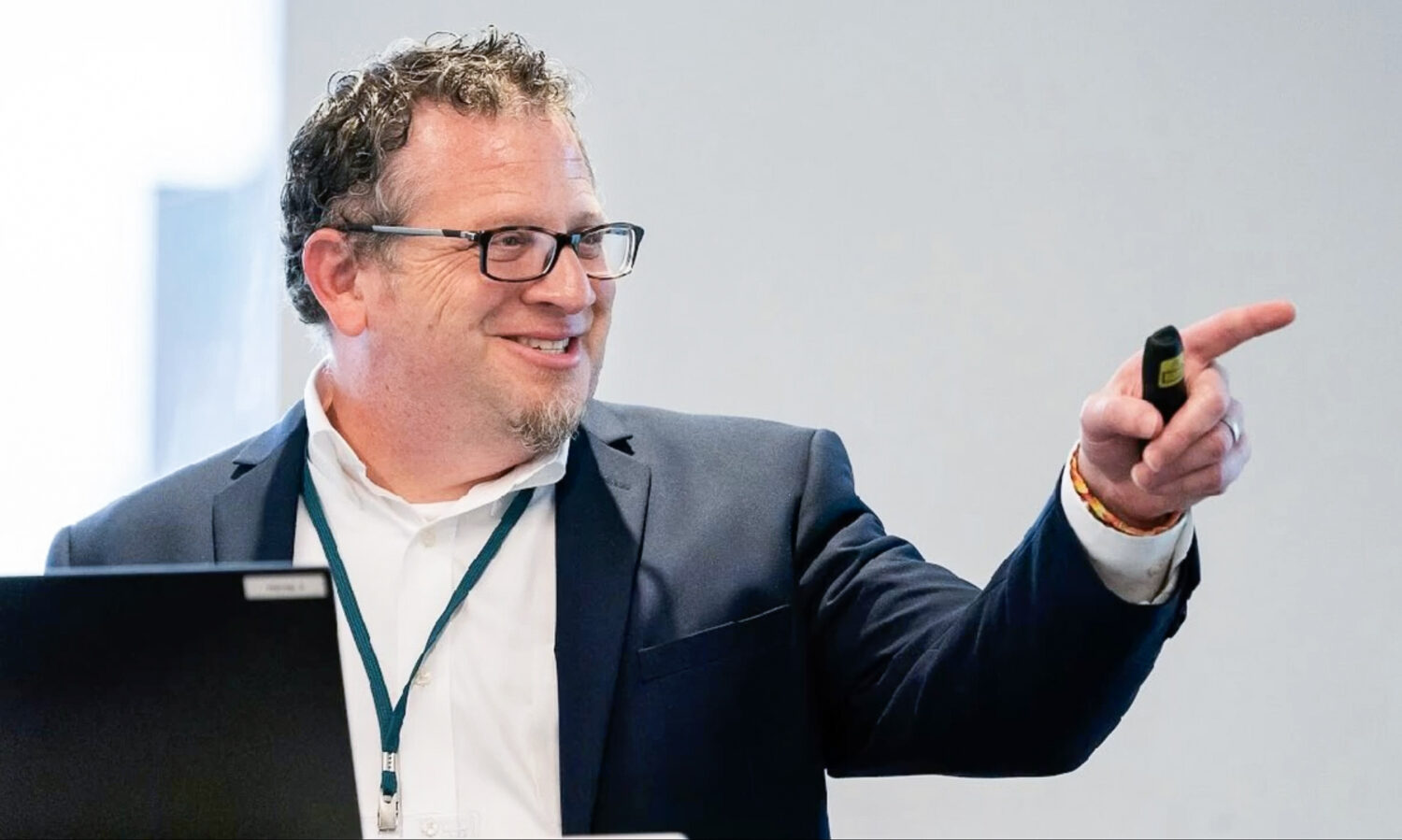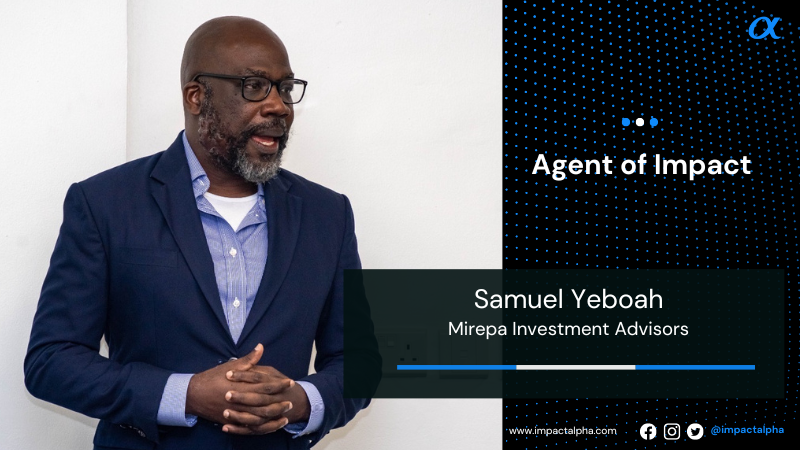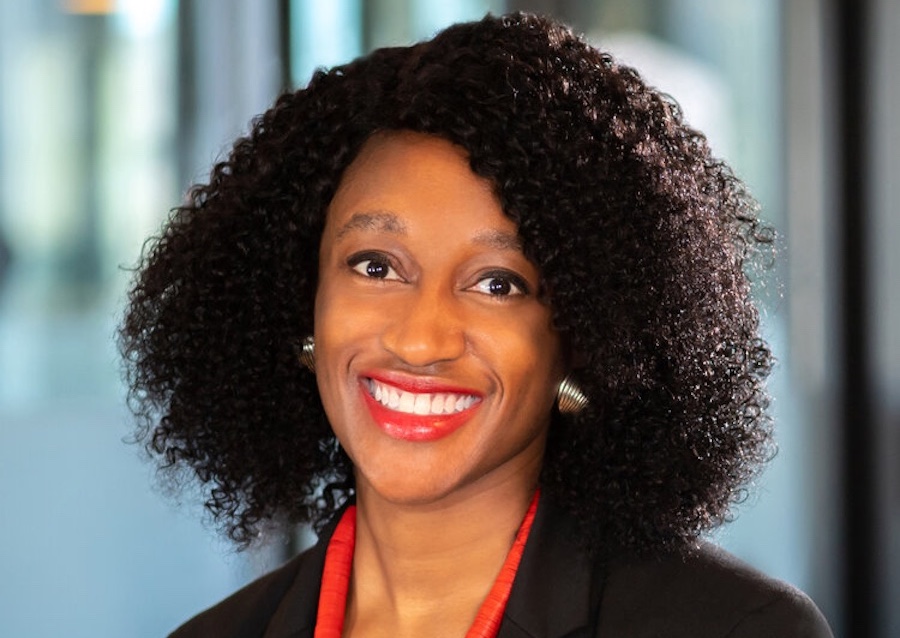ImpactAlpha, Sept. 10 – When you own everything, you don’t want everything to go to hell.
That’s the simple concept behind the emerging doctrine of universal ownership, which is upending traditional asset management and laying the foundation for more active ‘stewardship’ to mitigate systemic risks to the economic system as a whole.
The term has long been applied to the supertankers of global capital – huge pension, sovereign wealth and insurance funds that are so broadly invested that they effectively “own the market.”
Increasingly it is being adopted as well by retail holders of broadly diversified and passively managed index funds, including through 401(k) and college savings accounts. Volatility and value-destruction driven by climate, COVID, inequality and injustice are bigger threats to our financial security than any stock-picking mistakes.
We’re all universal owners now.
The health of the entire market system – sometimes called ‘beta’ – has historically been seen as beyond the influence of any single player. No more.
“We felt like we should find a way to make a contribution to make the whole system, or whole universe, of the capital markets more sustainable,” Hiro Mizuno, until recently the chief investment officer of Japan’s Government Pension Investment Fund, tells ImpactAlpha. The megafund, with $1.75 trillion in assets, is perhaps the most universal of universal owners (see Hiro Mizuno, Agent of Impact).
Mizuno, now a UN special envoy on innovative finance and sustainable development, has rallied other universal owners to pressure major asset managers like BlackRock, Vanguard and State Street to more actively manage the ‘negative externalities’ created by companies in which they hold stakes.
“If we are making money by investing in a company that actually produces a lot of negative externalities, who has to pay for that cost?” Mizuno asks. Usually government, communities – and the rest of your portfolio.
At least partly as a result of such pressure, the three large asset managers bucked management at ExxonMobil this year to vote for insurgent directors committed to more aggressive climate action. Mizuno left GPIF before the Exxon vote, but told ImpactAlpha he would have quizzed the fund’s managers on their positions – and graded them accordingly.
Asset owners, he says, should send a message to their agents that “we want to make sure the capital market is sustainable for the long term.”
The golden rule remains: They who have the gold make the rules. Universal owners are rewriting the rules of the financial markets. That’s capitalism, reimagined.



